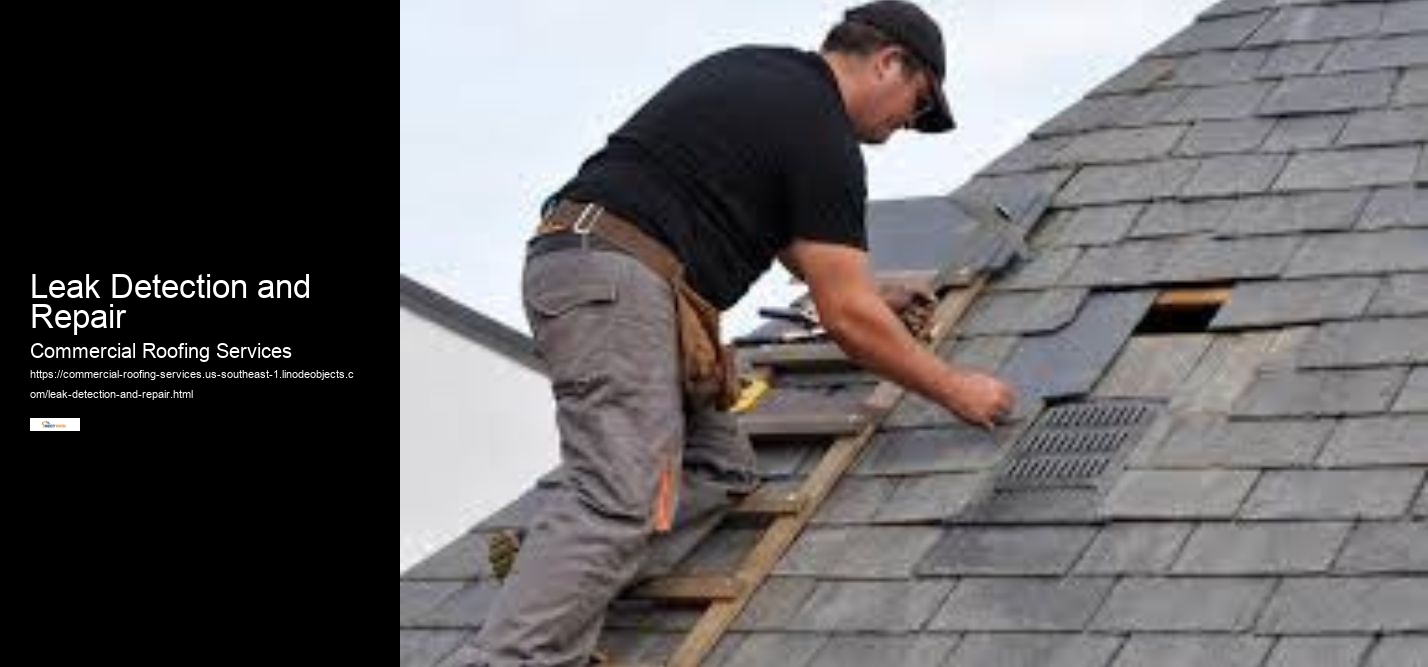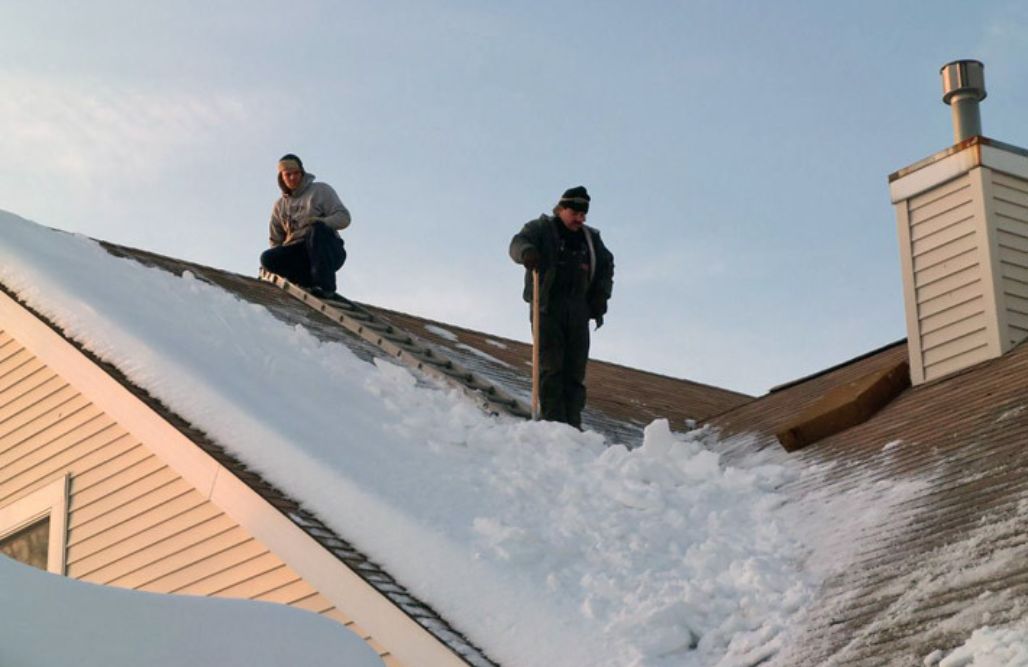How does the warranty and insurance coverage work for commercial roofing services?
Roof installation and replacement for commercial buildings require specialized expertise and skill to ensure a durable and reliable roofing system. The process involves careful preparation, including ensuring the structural integrity of the building to support the new roof. Waterproof underlayment is installed to create a moisture barrier, and flashing is added to protect vulnerable areas. The actual roofing material, whether it's EPDM, metal, or another type, is then installed following industry best practices. A final inspection is conducted to ensure the roof is in top condition and ready to provide durable protection and longevity for the commercial building.
Roof Repair and Maintenance:
Regular roof repair and maintenance are essential to keep a commercial roof in good shape and prevent major problems from developing. Addressing minor issues promptly can save on costly repairs in the long run and extend the roof's lifespan. Roofers can perform various methods of roof inspection, including visual observation, thermal imaging, infrared thermography, and moisture detection. These inspections help identify any potential leaks, weak points, or damage that may require attention. By conducting regular maintenance and addressing issues early, commercial building owners can ensure their roof remains in excellent condition and provides reliable protection for years to come.
Leak Detection and Repair:
Leak detection and repair are essential aspects of commercial building maintenance. Ensuring that building systems function effectively and preventing damage is crucial. Addressing roof leaks promptly is vital to avoid waste and costly repairs. Leak detection and repair involve thorough roof inspections, testing, and necessary repairs. Regular maintenance also plays a significant role in preventing leaks and maintaining the roof's integrity.

